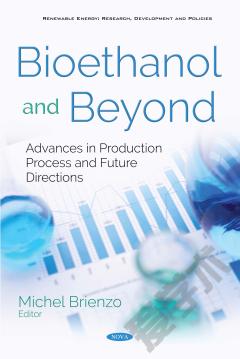Bioremediation: Processes, Challenges and Future Prospects
This book presents state-of-the-art research on bioremediation, which is understood as a discipline that uses organisms or their products to reduce or eliminate the adverse effects of pollutants in the environment. Today, there are many research groups that focus on remedying the adverse effects of our industrialized society, which release compounds daily, increasingly polluting the environment. This book compiles the most important work of distinguished scientists around the world who are at the vanguard in this discipline, covering the environments of soil and water, as well as a great variety of microorganisms and mechanism bioremediators. Thus, the bioremediation strategy and bioremediator should be chosen according to the pollutant. This material is one of the few available for discussion in literature, and the authors and editorial board hope that this book can be used as a guide or as a base material useful for people who want to develop or apply new strategies in the bioremediation field. The book consists of the following sections: 1) bacterial bioremediation, 2) microbioremediation, 3) phyto- and phycoremediation, 4) composite bioremediation and finally 5) derivative bioremediation. Each section is disposed depending on the kind and type of pollutant; inorganic or organic; and by the complexity of organic mixtures. Studies include in silico, in vitro, in situ, ex situ approaches, from mathematical models to real landscape cases, including analytical methods to assess bioremediation efficacy and the biotechnological use of rhamnolipids, acetogenins, surfactants, micro-bubbles, agricultural residues and enzymes to improve or achieve bioremediation. This book is intended to provide tools to readers in order to apply or to understand the feasibility, advances, advantages, disadvantages, aspects, processes, challenges and future prospects in bioremediation.
{{comment.content}}








 京公网安备 11010802027623号
京公网安备 11010802027623号